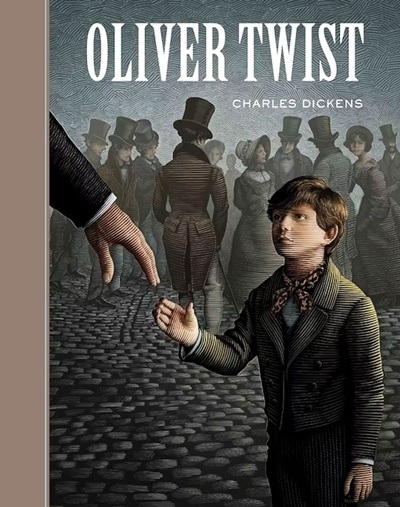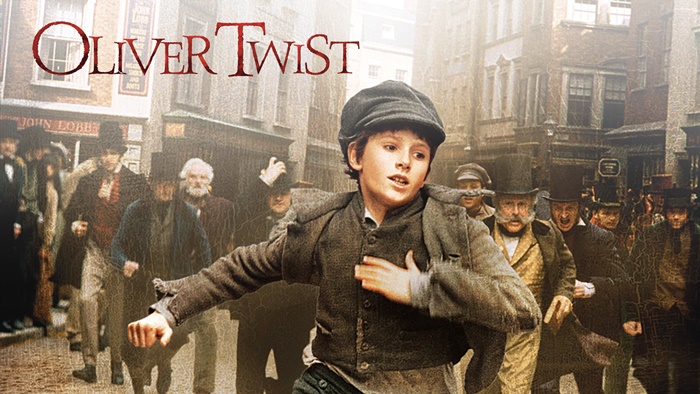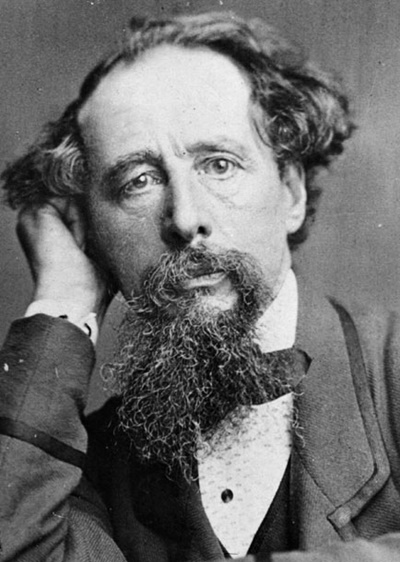Main Characters Description

-
Oliver Twist – an orphan child whose mother died at his birth; father is dead when Oliver's paternity is revealed. The novel's hero, Oliver Twist is aged nine at the beginning of the novel.
-
Mr. Bumble: The village beadle of Oliver's home village, Mr. Bumble is another, more minor antagonist in the novel—he hates Oliver
-
Fagin: One of the novel's trio of antagonists, Fagin is in charge of the "boys," his thieves, and their exploits pay for his life in London. Fagin attempts to make Oliver a thief, but fails
-
Monks: The second of the novel's antagonists, Monks (whose real name is Edward Leeford) is Oliver's half-brother, and is hellbent on keeping his own fraudulent inheritance by eliminating all traces of Oliver's inheritance
-
Sikes: The third of the novel's antagonists, Sikes is a brutal "housebreaker," or robber, who takes Oliver with him on the failed robbery of the Maylies' house.
-
Nancy: Sikes' romantic partner, Nancy at first takes Oliver back to Fagin but later expresses regret for this, and attempts to protect Oliver as much as she can.

